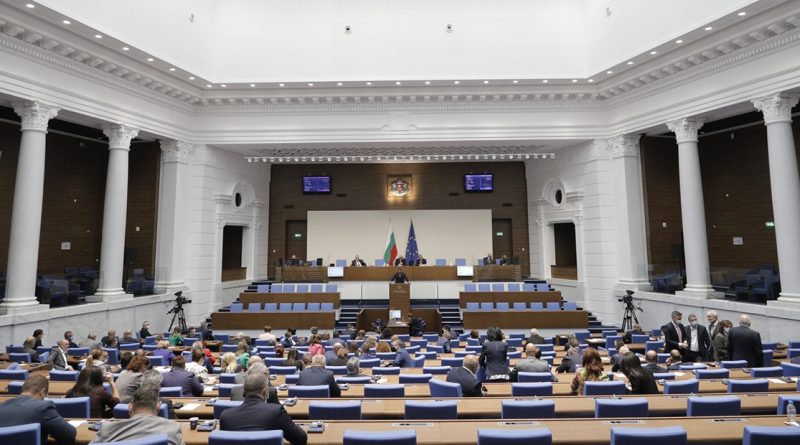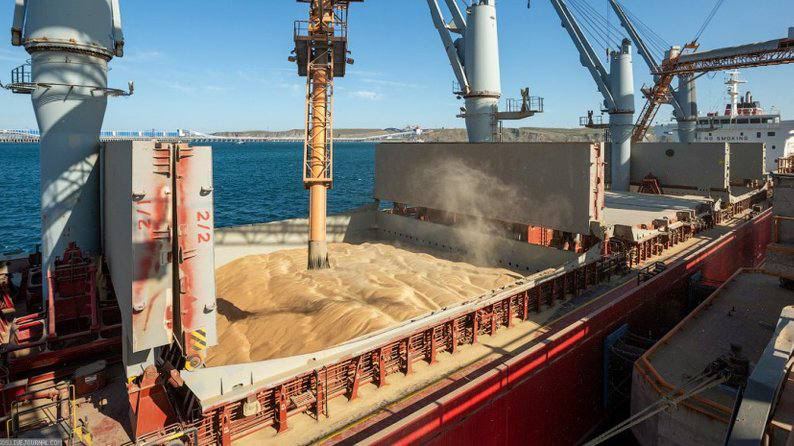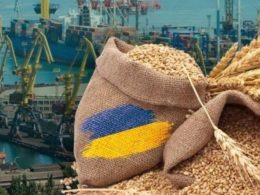
The Bulgarian Parliament reversed the ban on importing Ukrainian grain and certain other agricultural products, The Sofia Globe reports. During a two-hour debate, the Minister of Agriculture, Kiril Vatev, explained that he had previously supported extending the ban but had altered his decision due to "macroeconomic indicators." He stated that the data suggested that lifting the ban would not negatively impact Bulgaria's economy. Vatev also highlighted that Sofia had increased the quality control measures for all Ukrainian products, particularly grains.
Bulgaria imports 30% of its sunflower seed requirements from Ukraine because it needs to produce more to meet its demand.
Five months ago, Bulgaria joined a coalition of five Central and Eastern European countries that called on Brussels to impose an embargo on Ukrainian grain imports. The reason behind this move was protests from local grain producers whose interests were affected by a significant price drop.
As a result, in May, Brussels banned the import of Ukrainian wheat, corn, rapeseed, and sunflower seeds. In June, the EU Commission extended the ban until 15 September.
On 12 September, Polish Prime Minister Mateusz Morawiecki stated on Twitter that Poland would block the imports of Ukrainian grain imports unless the EU Commission extended the ban set to expire on 15 September.
On 13 September, Hungarian Agriculture Minister István Nagy announced that Budapest would extend the ban on Ukrainian agricultural product imports to protect its markets if the EU lifted it. Nagy claimed this decision was made in coordination with Romania, Slovakia, and Bulgaria.
At the same time, Ukrainian farmers, especially after the closure of the grain corridor, have faced increased challenges in exporting their products. Ukraine needs to export 5 million tons of grain per month, but the EU's "solidarity routes" only allow exports of up to 4 million tons.
Read more:




